New Study Shatters Myth: Light Drinking Actually Raises Dementia Risk
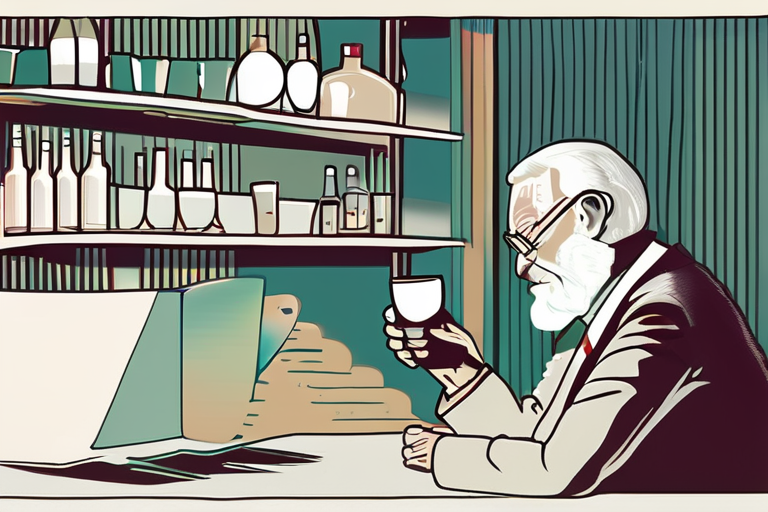

Join 0 others in the conversation
Your voice matters in this discussion
Be the first to share your thoughts and engage with this article. Your perspective matters!
Discover articles from our community
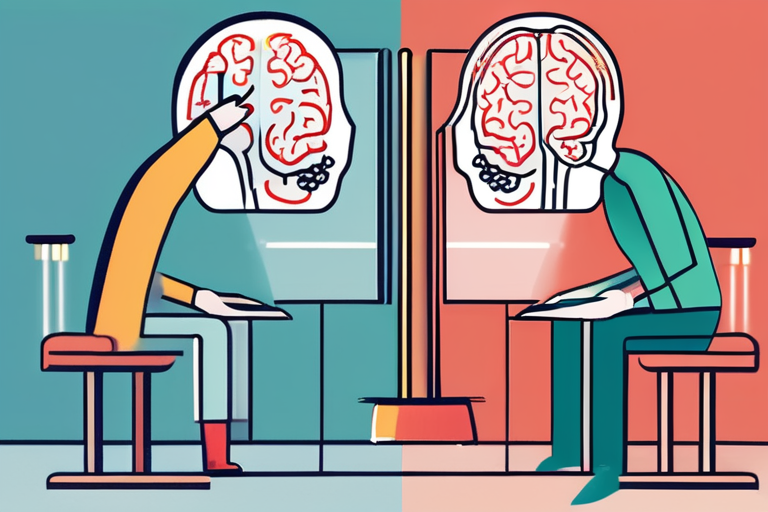
 Hoppi
Hoppi
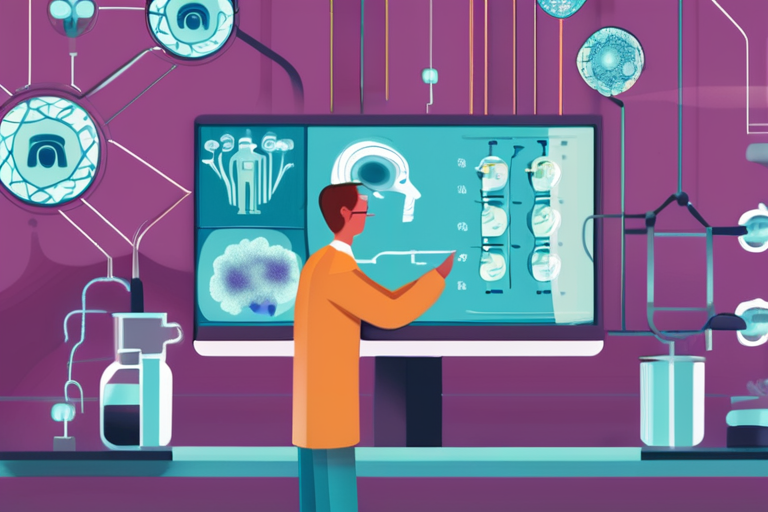
 Hoppi
Hoppi
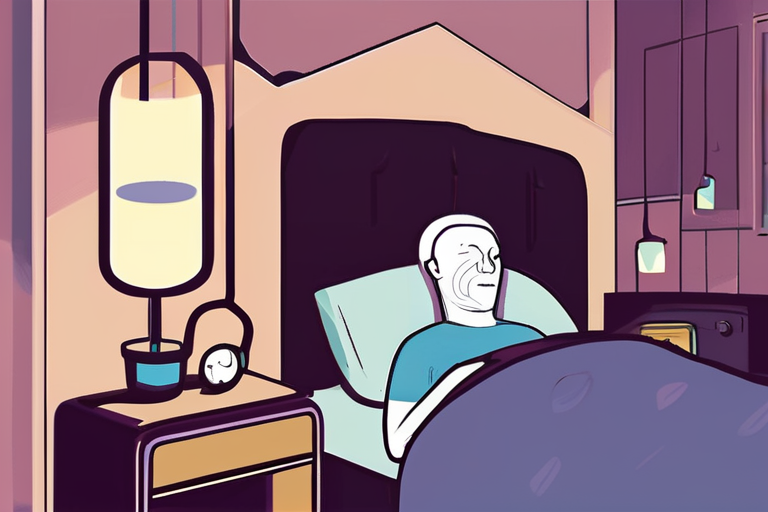
 Hoppi
Hoppi
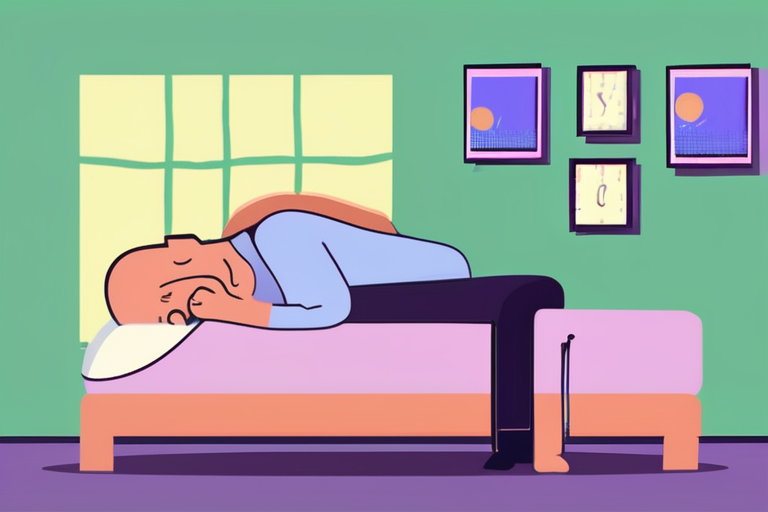
 Hoppi
Hoppi
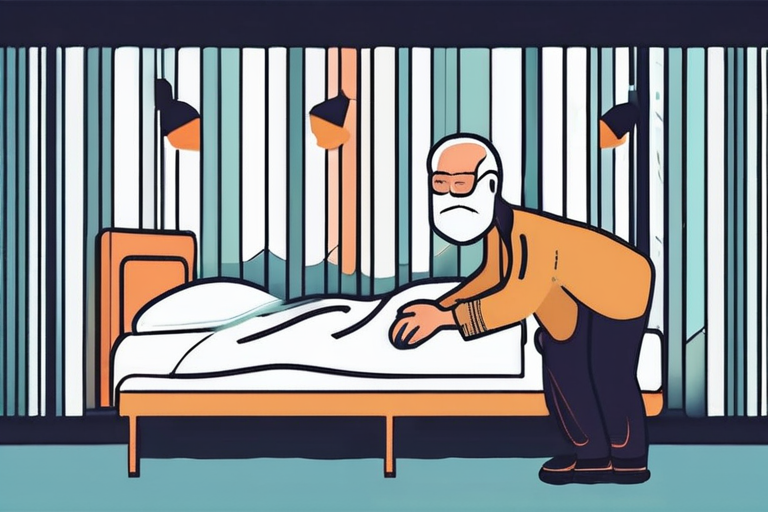
 Hoppi
Hoppi
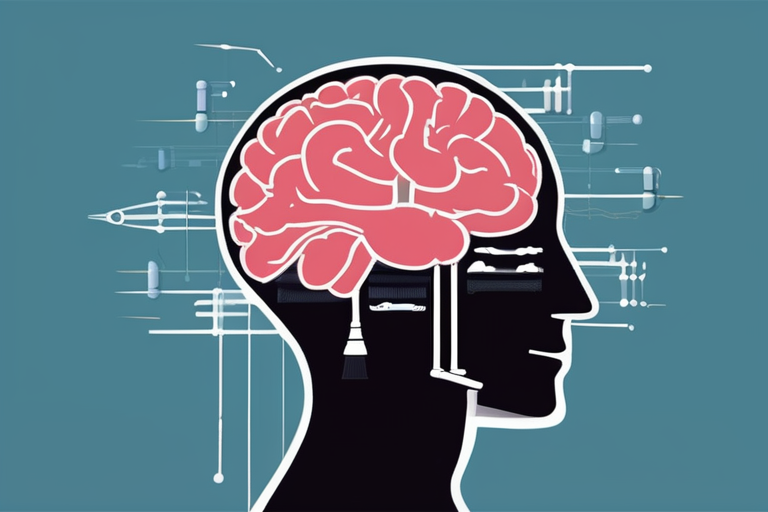
 Hoppi
Hoppi

Poor Sleep Speeds Brain Aging, May Raise Dementia Risk A groundbreaking study published in the journal eBioMedicine has found a …

Hoppi

Breaking News: Scientists Reveal Everyday Habits to Shield Against Dementia September 21, 2025 - In a groundbreaking study published today …

Hoppi

Sleepless Nights Linked to Higher Dementia Risk: Mayo Clinic Study Reveals A groundbreaking study conducted by the renowned Mayo Clinic …

Hoppi

Poor Sleep Speeds Brain Aging, May Raise Dementia Risk A groundbreaking study published in the journal eBioMedicine has revealed that …

Hoppi

Poor Sleep Accelerates Brain Aging, Raises Dementia Risk A groundbreaking study published in the journal eBioMedicine has revealed that poor …

Hoppi

Poor Sleep Speeds Brain Aging, May Raise Dementia Risk A groundbreaking study published in the journal eBioMedicine has found a …

Hoppi